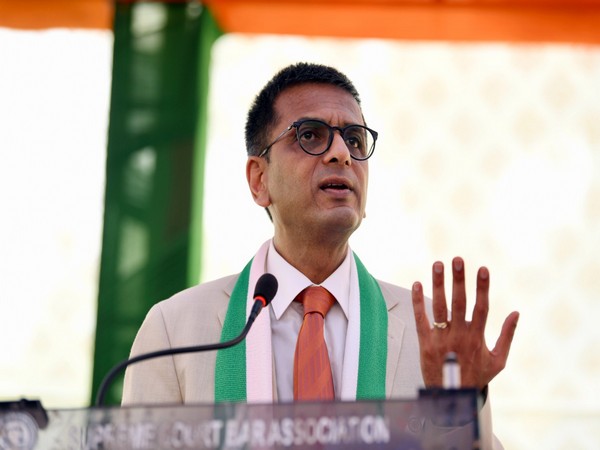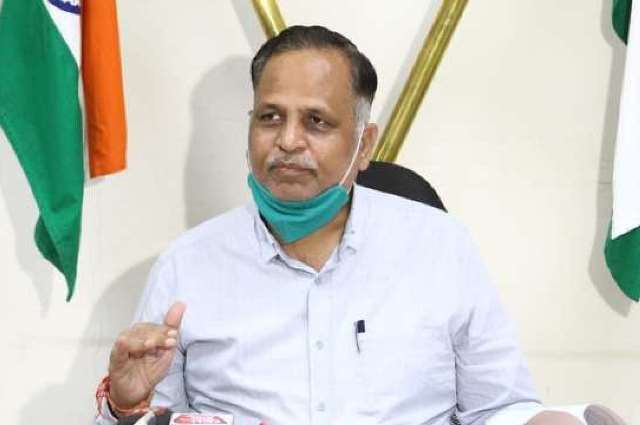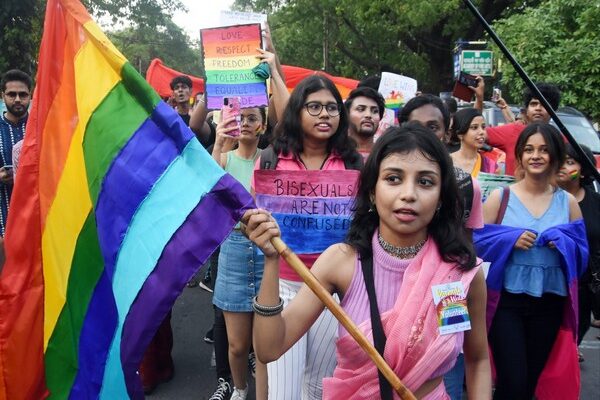The Constitution bench of the Supreme Court will pronounce its verdict on a batch of petitions challenging the abrogation of Article 370 and bifurcation of the erstwhile state of Jammu and Kashmir into two Union territories on Monday (December 11).
Five-judge constitution bench comprising Chief Justice of India DY Chandrachud, Justices Sanjay Kishan Kaul, Sanjiv Khanna, BR Gavai, and Surya Kant will pass the judgement today.
On September 5, the apex court reserved the judgement after hearing the arguments for 16 days.
The central government had defended its decision to abrogate Article 370, saying there was no “constitutional fraud” in repealing the provision that accorded special status to the erstwhile state of Jammu and Kashmir.
Attorney General R Venkataramani and Solicitor General Tushar Mehta appeared for Centre.
The Centre had told the bench that Jammu and Kashmir was not the only state whose accession to India was through instruments of accession, but many other princely states that too had joined India post-independence in 1947, with conditionalities and after their merger, their sovereignty was subsumed in the sovereignty of India.
At the time of independence in 1947, the majority of the 565 princely states were in Gujarat and many had conditions relating to taxes, land acquisition and other issues, the central government told the bench.
The Centre had also submitted that the status of Jammu and Kashmir as a Union Territory is only temporary and it will be restored to statehood; however, Ladakh would remain a Union Territory.
Senior advocate Kapil Sibal, appearing on behalf of the petitioners, had opened the arguments, saying Article 370 was no longer a “temporary provision” and had assumed permanence post the dissolution of the Constituent Assembly of Jammu and Kashmir.
He had contended that the Parliament could not have declared itself to be the legislature of J-K to facilitate the abrogation of Article 370, as Article 354 of the Constitution does not authorise such an exercise of power.
Highlighting that the express terms of clause 3 of Article 370 show that a recommendation from the Constituent Assembly was essential to removing Article 370, Sibal had argued that in the wake of the dissolution of the Constituent Assembly, whose recommendation was required to abrogate Article 370, the provision could not be revoked.
The Jammu and Kashmir High Court Bar Association had told the Supreme Court that while acceding to India, the Maharaja of Jammu and Kashmir acceded to his sovereignty over the territory of the state but not his sovereign power to rule and govern the state.
The accession of Jammu and Kashmir to India was territorial and except for defence, external affairs and communication, all the powers were retained with the state to make laws and govern, said senior advocate ZA Zafar, appearing for the J-K High Court Bar Association.
The Central government had defended its decision to abolish Article 370 in Jammu and Kashmir, saying that after the changes, street violence, which was engineered and orchestrated by terrorists and secessionist networks, has now become a thing of the past.
Since 2019, when Article 370 was abrogated, the entire region has witnessed an “unprecedented era of peace, progress and prosperity,” the Centre said.
After the abrogation of Article 370 in Jammu and Kashmir, life has returned to normalcy there after three decades of turmoil, the Centre, in its affidavit, told the Supreme Court.
The Constitution Bench was hearing a batch of petitions challenging the abrogation of Article 370 of the Constitution and bifurcating the state into two Union Territories.
Several petitions were filed in the top court, including those of private individuals, lawyers, activists, politicians and political parties challenging the Jammu and Kashmir Reorganisation Act, 2019, which splits Jammu and Kashmir into two Union Territories: Jammu and Kashmir and Ladakh.
On August 5, 2019, the Central government announced the revocation of the special status of Jammu and Kashmir granted under Article 370 and split the region into two union territories. (ANI)
For more details visit us: https://lokmarg.com/







